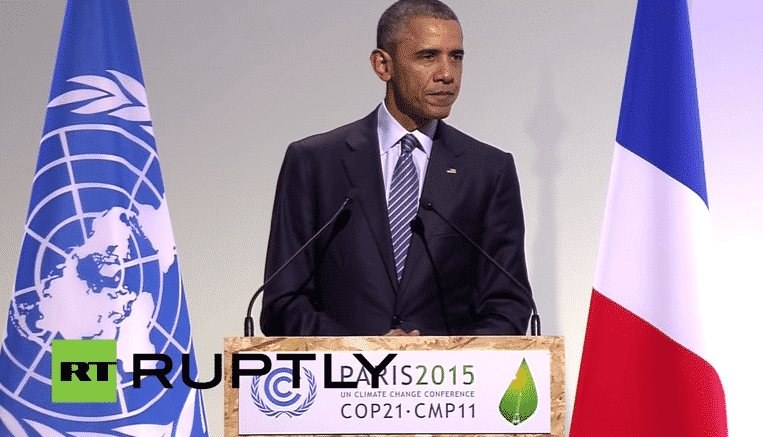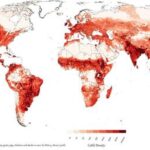|
Getting your Trinity Audio player ready... |
Download this post... PARIS — President Obama joined leaders from 150 nations on Monday in pledging action against climate change, kicking off a historic two-week gathering that Obama called a “turning point” in the battle against one of humanity’s gravest threats. Heads of state from industrial powers and tiny island nations assembled in a heavily...









